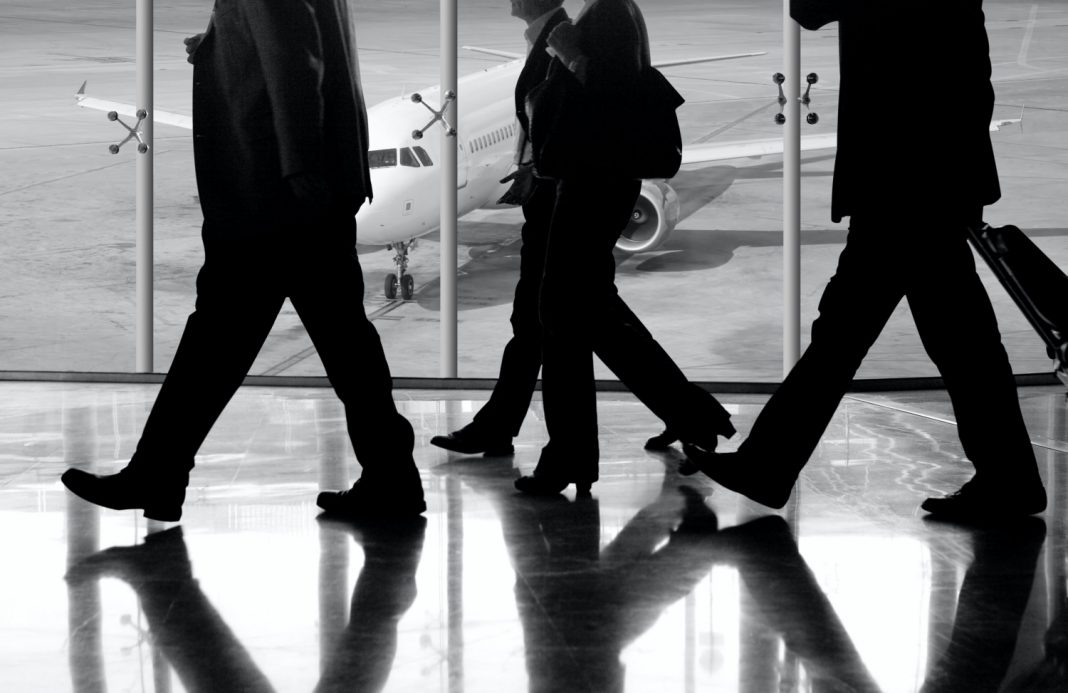Overall meetings spend is predicted to increase by 3.1 per cent on average globally, and the cost per attendee for all meeting types is predicted to increase as well, by 1.5 per cent for small and internal meetings and up to 3 per cent for conferences and trade shows.
The report, based on a survey of 580 meetings buyers and suppliers, paints a positive outlook and strong growth of in-person events, with 87 per cent of meetings expected to have an in-person component in 2023.
Sixty-seven per cent of respondents also expect the number of in-person events to return to pre-pandemic levels within 1-2 years.
Internal meetings continue to be a higher priority than they were pre-pandemic. According to the report this trend is driven by new hybrid and remote work models that have focused attention on the need to meet face-to-face to build team bonds and improve productivity. In 2023, only 32 per cent of internal meetings are expected to be held on company property, with 40 per cent being held in a different city, and 45 per cent including overnight accommodation for attendees.
In Europe, overall meetings spend is expected to increase by 3.2 per cent, up from the 2.9 per cent increase expected for 2022. Travel and meetings managers are predicting fairly substantial increases of 4.8 per cent in group hotel rates and 5.2 per cent in group air rates.
The report highlighted optimism for the region, with an expected increase in every type of in-person meeting – ranging from a 3.4 per cent increase for product launches to a 4.7 per cent increase for small and simple meetings. The number of virtual and hybrid meetings is expected to remain similar to 2022 levels.
Close to two-thirds of respondents in Europe (64 per cent) said their organisation has adopted a formal policy for meetings. Seventy-one per cent have both an approval process and a component that covers specific technology or software for meetings management. Meetings policies across the region are focused on safety and security requirements, the use of meetings technology, and the use of preferred suppliers.
European meetings planners are also the most likely to track their event’s carbon footprint, with 28 per cent providing post-event reports on CO2 emissions.
While respondents in this region were the most likely to say their companies had fully reopened their offices (54 per cent), more than half (58 per cent) said their career options were ‘good to excellent’.
Growing awareness around the environmental impact of meetings, as well as a sharpened focus on diversity, equity and inclusion (DE&I), were highlighted top priorities for meetings professionals in all regions.
Nearly nine in ten (87 per cent) respondents said their organization or client actively strives to incorporate DE&I in their meetings and event programs by using diverse and minority-owned suppliers (29 per cent) and providing an option to attend virtually (28 per cent).


